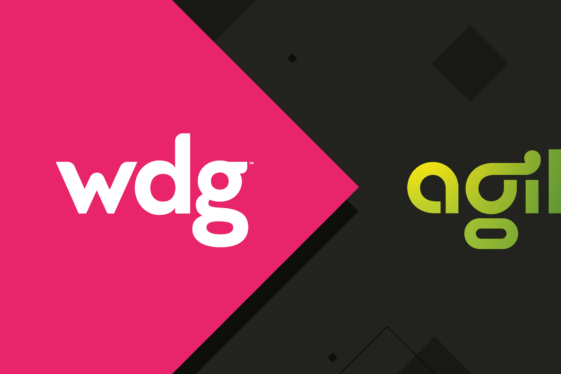What is GDPR? (General Data Protection Regulation)

GDPR (General Data Protection Regulation)
Wondering what all of those pop-ups are asking you to accept a website’s privacy policy update? The General Data Protection Regulation (GDPR) has sent companies scrambling over the past two years, especially the last two months. Created in 2016 and effective on May 25th, 2018, GDPR is affecting every one of us, both directly and indirectly. A lot of confusion still surrounds this new regulation that has been effective for a couple months now.
So What is it Exactly?
GDPR is a regulation created by the EU concerning data protection and individual privacy. GDPR states that all organizations are required to have an explicit consent option to enable consumers to release the consumers information. Any organization operating within the EU is responsible for adhering to the regulation. Any organization that offers goods or services to customers or businesses in the EU, is also responsible for complying, even if located outside the EU.
The GDPR is primarily giving control to consumers over their personal data and helps to merge regulations within the EU. By default, privacy settings must be set as high as possible. Personal data cannot be publicly available without informed consent from the user. The user also has the right to revoke this consent at any time they please. Organizations are responsible for ensuring that personal data is gathered legally and under the conditions of GDPR. The protection of data from misuse and exploitation, is also the responsibility of the organization. If personal data owner’s rights are not respected, fines for non-compliance are implemented.

So What is Personal Data?
Personal data is information that allows a particular person to be identified: names, phone numbers, addresses, ID numbers, etc. There are no limitations on how the information is collected, it applies to any form of data collection, written or online.
Why Do We Need GDPR?
Complying with GDPR is now an organization’s obligation, allowing the consumers to make decisions regarding their own personal data. Fraud and other economic crimes are increasing, making it necessary, now more than ever, to protect your private information. Only a small majority of organizations were conducting fraud detection tests and taking other precautionary measures. Email, phone and text-based scams, are the most common mediums that scam artists use. Even though it may seem harmless to have this simple information floating around, having it end up in the wrong hands could be detrimental.
GDPR benefits not only the consumer, who has to be worried about their own personal data, but also benefits your organization because it boosts credibility and trust from consumers. Complying with the GDPR enables the organization to protect their consumers. GDPR is also practical because consumers will not feel as inclined to falsify their information. When consumers use false information it skews your data on consumer markets, negatively affecting your marketing, sales, and recruiting.
The easy solution? Consumers: accept the new terms and conditions. Businesses: hang in there. Want to speak to our tech industry experts? Contact us today!

